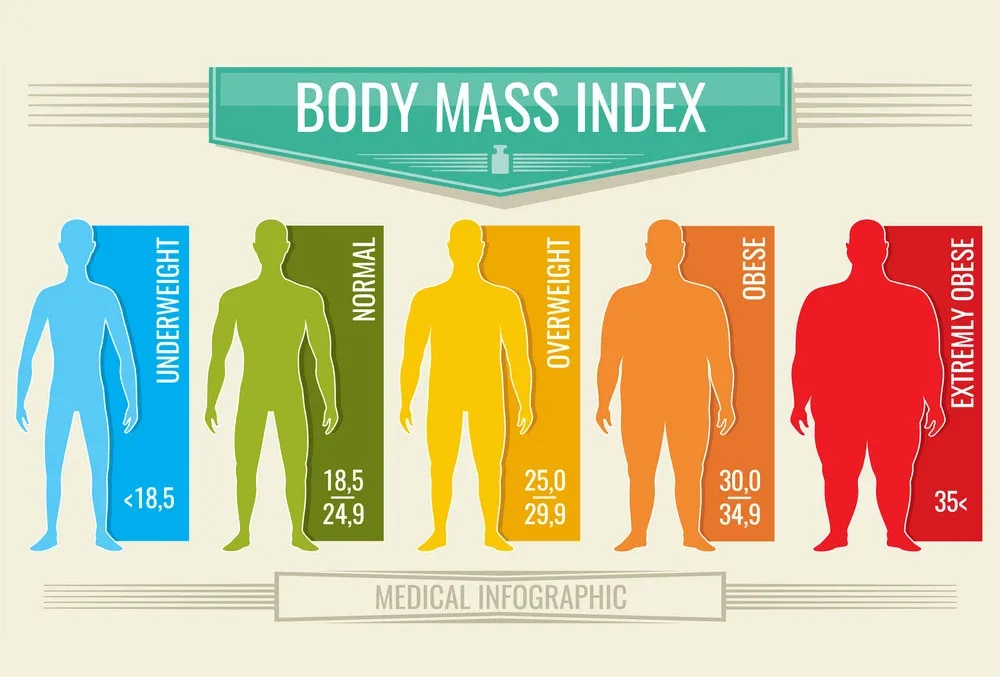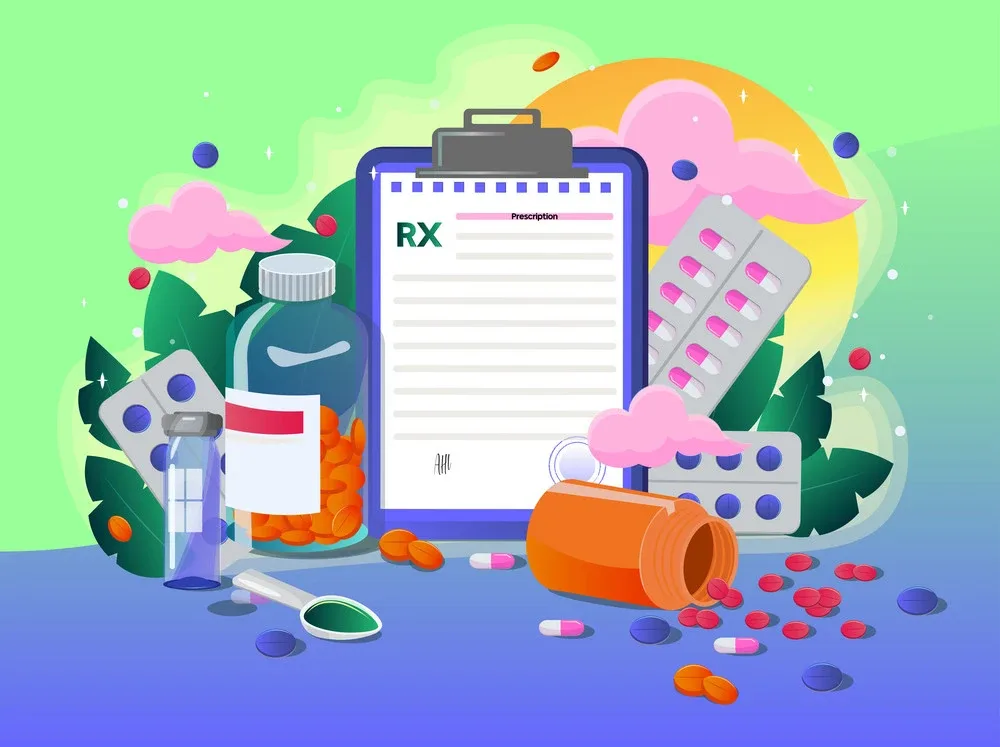Prescription weight-loss drugs: Can they help you?
Houston Endocrine Center2022-12-20T14:00:44+00:00
For most people, losing weight is a struggle. It takes time and dedication to get rid of the extra fat on your body and keep it off for good. Weight-loss drugs can be an option if you’ve tried other ways to lose weight but weren’t successful. They’re not right for everyone, so it’s important to talk with your doctor before starting—or stopping—a prescription drug regimen.
Who can take weight-loss drugs?

The first step to determining if weight-loss drugs are right for you is understanding the eligibility criteria. You may be a good candidate if:
- You have a body mass index (BMI) over 30, and your doctor thinks you are overweight or obese.
- Your BMI is 25 and 29.9, plus other risk factors like high blood pressure or diabetes.
- Your BMI is over 40, or 40 and above, with type 2 diabetes, cardiovascular disease, and other risk factors such as high cholesterol, high blood pressure, etc.
How well do weight-loss drugs work?

Weight loss medications are not a quick fix; they’re prescribed specifically for people that can’t lose weight on their own with exercise and proper dieting. While some people may experience rapid and dramatic weight loss with these drugs, others may see a slower reduction in pounds.
It’s important to remember that these drugs don’t cure anything; they help you shed pounds temporarily so that you can be on track with healthy eating and exercise habits. If your goal is long-term health and wellness, it’s best not to rely solely on prescription medication to lose weight—this will only prevent progress by discouraging healthy lifestyle changes.
When we talk about weight loss, there are many different approaches. Weight loss medications are often the fastest option, but they’re only sometimes the best.
What should you know about weight-loss drugs?

Weight-loss drugs are a great option for some people, but they don’t work for everyone. Before you start taking weight-loss drugs, here’s what you should know:
- Some people have side effects from weight-loss drugs. These can include nausea, upset stomach, and diarrhea.
- Weight-loss drugs can be expensive. Make sure you continue using the medication before making any purchases because if your insurance company doesn’t cover it or you stop using it halfway through the month (and then get billed), no good comes out!
Weight-loss drugs may be the right choice for some. Talk to your doctor about which drug would be best for you and why they think it’s a good fit. If you’re worried about side effects, ask if any alternatives don’t have them.
How long do I take a weight loss drug?
The best way to lose weight is through diet and exercise. Medication can help you lose some weight, but it’s not the most effective method. If you need to stop taking your medication because it’s making you feel sick or unhappy, other options, like a new diet plan or exercises that don’t require equipment, may be helpful.
Even though these medications might seem like they’re helping with losing weight at first glance, they don’t help keep the pounds off in the long run. They often cause people who take them over longer periods to gain more weight than before! You should only take a weight-loss drug for as long as your doctor prescribes it—and if your doctor recommends stopping it after several months or years (or even sooner), you must follow their advice.
What drugs are approved for weight loss?

Several prescription drugs are available to help you lose weight, but knowing what to expect from each is important. These include:
- Belviq (lorcaserin) – approved for use in people with a BMI of 30-40 who also have at least one obesity-related condition (e.g., high blood pressure).
- Contrave (bupropion/naltrexone)) – approved for use in people who experience weight-related conditions such as high blood pressure or diabetes.
- Qsymia (phentermine/topiramate) – approved for use only when other options have failed; it’s meant to be used along with diet and exercise, but some doctors may prescribe it without those things.
- Saxenda (liraglutide) – approved only for adults who have a BMI of 27 or higher and suffer from obesity-related conditions like high cholesterol, high triglycerides, high blood pressure, and type 2 diabetes.
- Vyvanse (lisdexamfetamine dimesylate) – approved for use in people who suffer from obesity-related conditions; it’s meant to replace food and not be used as an excuse to eat more.
- Zyban (bupropion hydrochloride) – approved for use in people who suffer from obesity-related conditions.
Conclusion
Weight-loss drugs can be a great option for people who need help losing weight. They’re also beneficial if you have a condition that makes it difficult to lose weight, such as PCOS or diabetes. However, they also come with side effects and require careful monitoring by your doctor.
